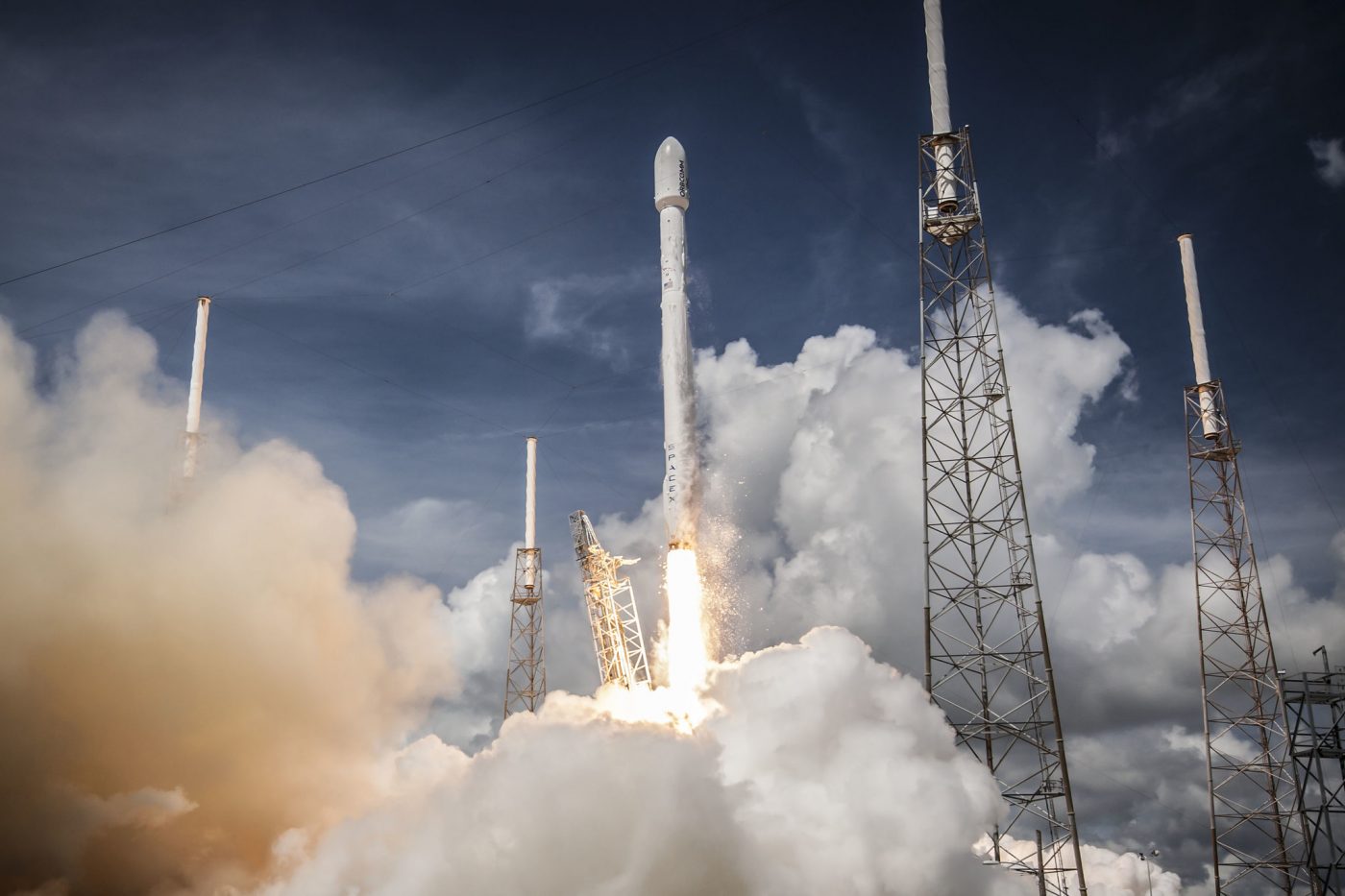
SpaceX has launched its third batch of Starlink satellites on Monday evening, the first of many launches the company plans for 2020.
Aerospace manufacturer SpaceX launched 60 additional Starlink satellites into orbit via a Falcon 9 rocket. The launch was conducted at 9:19 pm ET from Cape Canaveral Air Force Station in Florida.
The new batch of satellites will join the over 100 satellites already deployed by SpaceX in 2019 and is expected to be followed by 23 more launches by the end of 2020, to expand the company's Starlink constellation to over 1,500 satellites.
Starlink is currently the largest existing telecom satellite constellation but SpaceX has already received regulatory approval to launch a total of over 10,000 satellites. It is also seeking additional approval to deploy another 30,000 satellites on top of the approved number.
The company aims to start providing affordable internet service to sections of the US and Canada by mid-2020 and eventually offer its cheap high-speed broadband across the world.
SpaceX says that when the Starlink service launches, it plans to directly offer the service to users, meaning the space-based internet service will be in direct competition with ground-based service providers that currently dominate the industry, including U-Verse and Fios.
While the business plan could rake in billions of dollars in revenue annually for SpaceX, the Starlink service also offer uncertainty and risks. Early estimates from the company indicate that the cost of building and launching the satellites is forecast to reach up to $10 billion.
Another anticipated hurdle is the need to build affordable user terminals that will require complex antennas for customers to set up usable broadband connections at their home or office.
SpaceX will also need to ensure that collisions between the satellites will be avoided as space become more congested. Several astronomers have raised the issue that some of the satellites are disrupting their view of the night sky.






